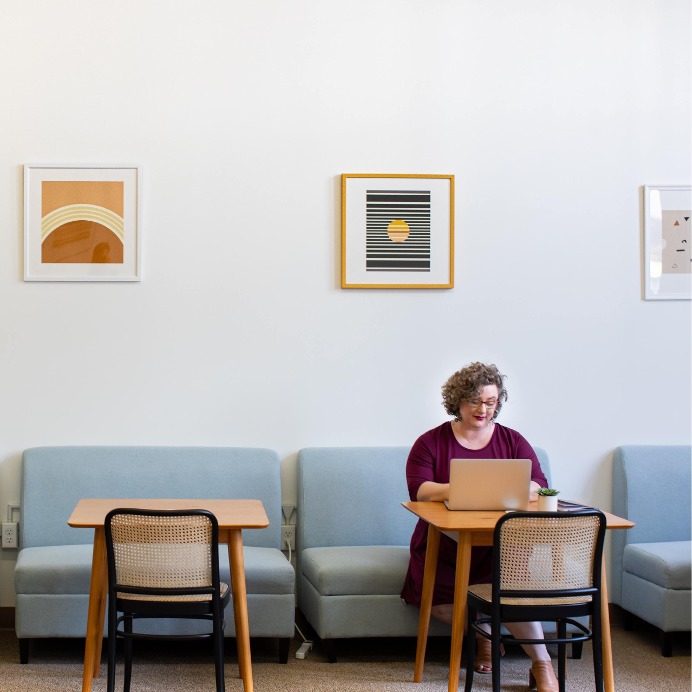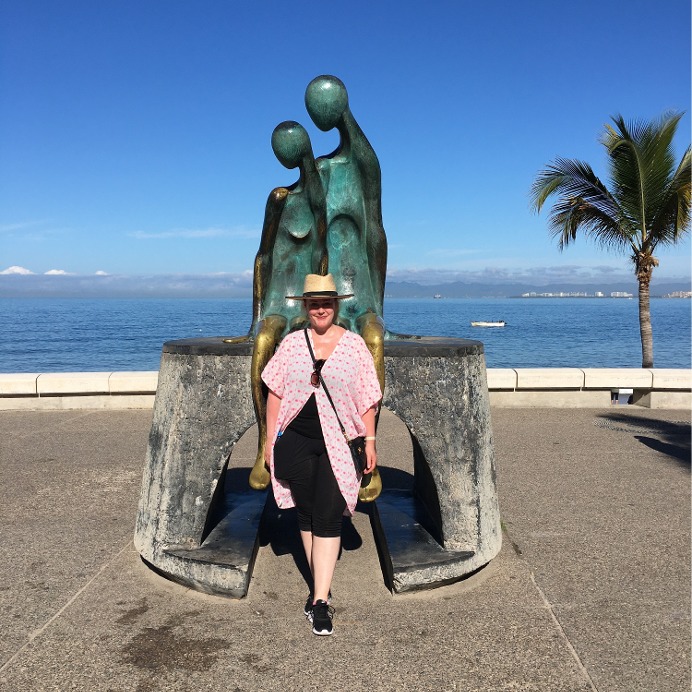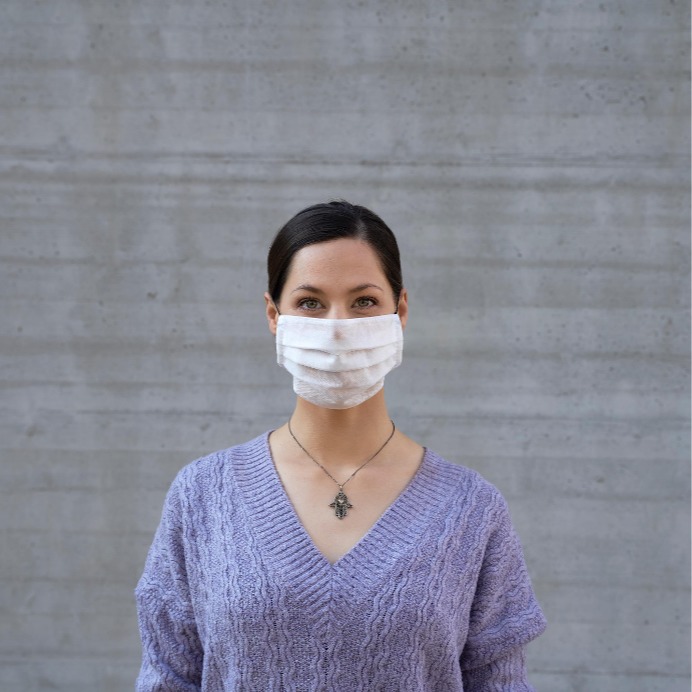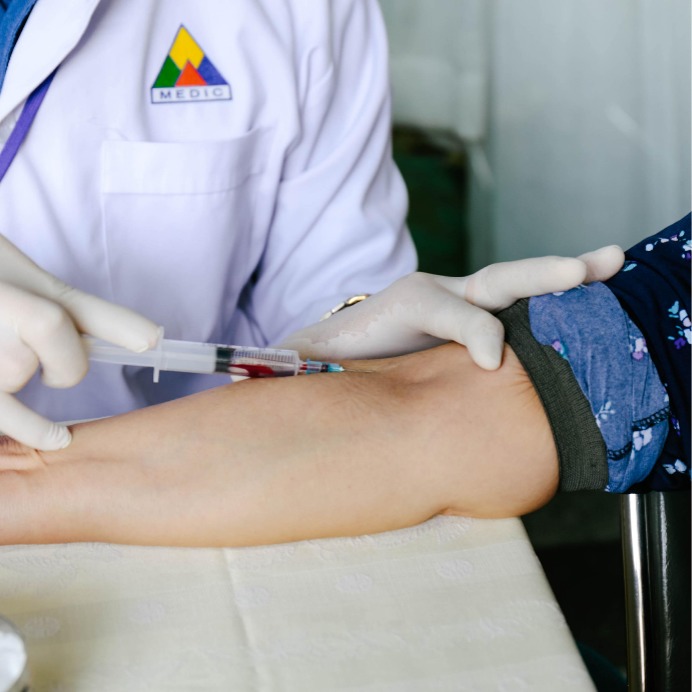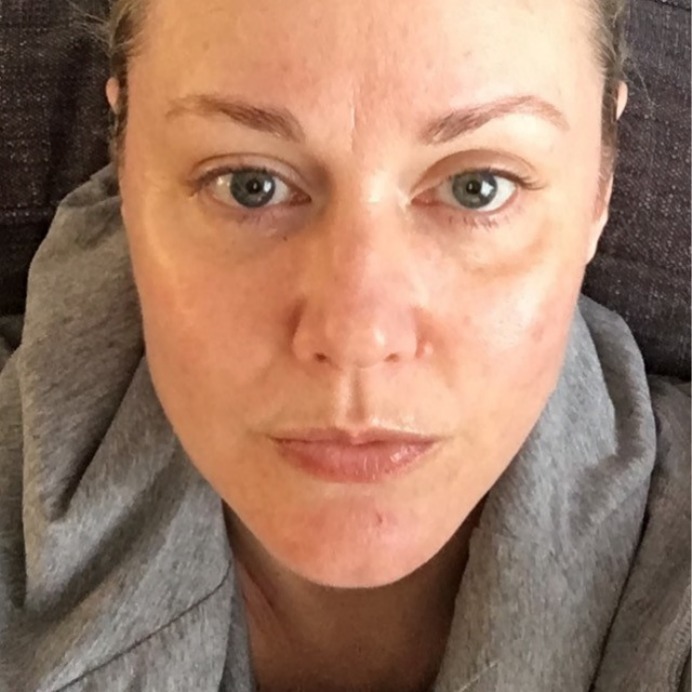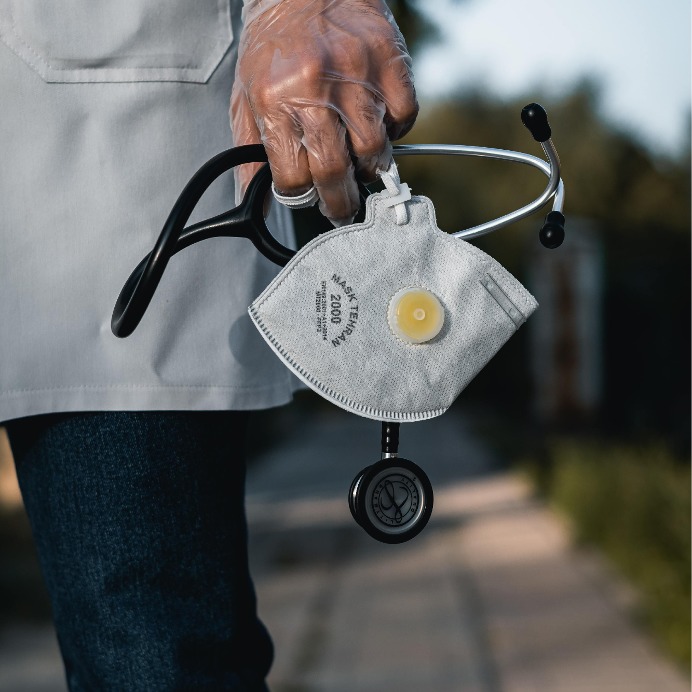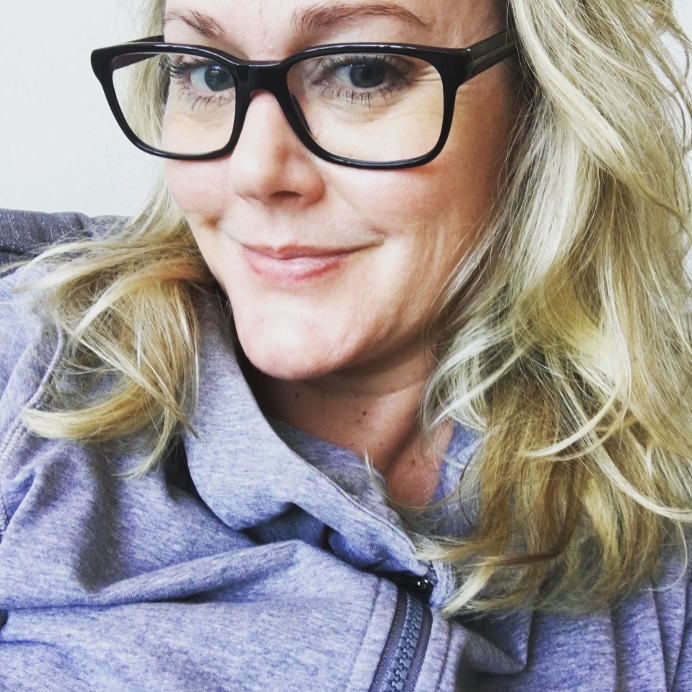By continuing to use our site, you consent to the processing of cookies, user data (location information, type and version of the OS, the type and version of the browser, the type of device and the resolution of its screen, the source of where the user came from, from which site or for what advertisement, language OS and Browser, which pages are opened and to which buttons the user presses, ip-address) for the purpose of site functioning, retargeting and statistical surveys and reviews. If you do not want your data to be processed, please leave the site.
The Voice of People With Breast Cancer
Education
Our Voices Blog
Tag : breast cancer
Clinical Trials Part 3: Clinical Trials That Don’t Involve Testing Drugs
In part 1 of our clinical trials series, we explained that clinical trials allow doctors and researchers to test treatments, medical procedures and therapies for various diseases and conditions. In the second part of the series, we debunked 7 common myths on clinical trials. In both parts, we focused on the type of clinical trials most people think of when they hear clinical trials, studies involving drugs. However, clinical trials can study more than just drug treatments or surgeries. According to Clinical Trials Ontario, they can also be conducted to “test devices, genetic therapies, natural health products, psychotherapies, lifestyle and preventive care interventions, and many other things.”
Tamoxifen. It’s Saving My Life, But it’s Killing My Self-esteem
I could cry writing this. Or maybe screaming for five minutes into a pillow so my neighbours don’t hear me would feel better. The walls in my condo aren’t that thick. Either way, my reality’s not changing any time soon. And by reality, I mean my body and the extra weight it has been lugging around since I started taking Tamoxifen a year ago.
Lifestyle and Nutrition Considerations for Breast Cancer Patients Series, Part 2: Three Breast Cancer Diets That Harm Not Heal
The feeling appears on the heels of a breast cancer diagnosis so quickly I think the doctor delivering the “It is cancer” news should in the same breath say, “For the rest of your life, prepare to surrender any assumptions that you ever held even a modicum of control over your health, you foolish woman.” Certain you’ll never regain your equilibrium, you search desperately for the first thing that hints even slightly as an option to ground and balance you. For many women, that “first thing” is food. Unhealthy, unsustainable dieting habits all start somewhere and unfortunately, fad diets constantly cycle through the breast cancer community.
Is It Safe To Go For Cancer Treatments During the COVID-19 Pandemic?
The COVID-19 pandemic has been particularly concerning and challenging for many cancer patients and their families. As you’ve most likely heard by now, cancer patients and survivors may be at higher risk of complications from COVID-19 because cancer and cancer treatments can contribute to weakened immune systems. This has left many patients with questions on how best to navigate their cancer care, including whether it is safe to continue their treatment, will their health care be de-prioritized by the healthcare system and how they can reduce their risk of contracting the virus.
Being a Mother with a Breast Cancer Diagnosis
Women are multi-dimensional and getting a breast cancer diagnosis does not change that. It doesn’t stop mothers from being mothers, daughters from being daughters, sisters from being sisters, etc. While a breast cancer diagnosis may put a pause on things such as your job and careers, some of the multi-dimensional roles and responsibilities that women play in life continues. One of these roles is being a mother. In honor of Mother’s Day, we asked breast cancer patients to share with us the age at which their children were, when they were diagnosed with breast cancer. We wanted to know how breast cancer impacted their life as a mother, and vice versa. Here are just some of their stories.
Clinical Trials Part 2: Debunking Common Myths About Clinical Trials
In part 1 of our blog series on clinical trials, we explained what clinical trials are, why you should participate in them and how to get more information about participating. You may now be familiar with clinical trials but still hesitant about enrolling in one because of certain concerns that you may have. These concerns are valid as many breast cancer patients have these same concerns. However, some of these concerns about clinical trials are ill-informed. In part 2 of our blog series on clinical trials, we debunk some of the most common myths surrounding clinical trials. We hope that this will provide you with some fact-based information to make a more informed decision about whether or not clinical trials are right for you.
How Breast Cancer Prepared Me For COVID-19
Breast cancer prepared me for COVID. Actually, if I want to be really accurate, radiation prepared me for it and almost everything else that has come courtesy of the global pandemic.
Getting Through Hair Loss Following a Breast Cancer Diagnosis
Hair loss is something that some women who are diagnosed with breast cancer face. Hair can be a huge part of a person’s identity, especially for a woman. The way your hair looks can communicate a lot to others about the type of person you are. Therefore, it’s understandable that losing your hair following a breast cancer diagnosis can add distress to an already devastating situation. In order to bring some relief and sense of control should you have to deal with hair loss, we outline why and when hair loss occurs as well as things that you can do to get through it.
Lifestyle and Nutrition Considerations for Breast Cancer Patients and Survivors Series, Part 1: Why You Can’t Get Consistent Answers to Your Nutrition Questions
Two years ago, I had the sincere pleasure of attending my first oncology nutrition symposium, a biennial event hosted by the Oncology Dietetic Practice Group of the Academy of Nutrition and Dietetics. Nutrition science ruled at this event, and “voodoo nutrition” based on conjecture, personal opinion, philosophies, and miracle cures was denied a seat at the table.
What Your Oncologist Wants You To Know During The COVID-19 Crisis
Dealing with breast cancer is challenging at the best of times, but in this time of uncertainty and when our health care system is having to quickly adapt to the impact of COVID-19, cancer patients are facing increased challenges and changes to treatment schedules and doctors’ appointments. This can bring additional anxiety and questions around how these changes will impact the success of treatments.
How Handwashing and Social Distancing Can Keep You Safe
By now we've all heard the tips for how to stay safe during the COVID-19 pandemic: wash your hands, stay at home and practice social distancing. However, what might not be as widely shared and known is why and how these health tips help. While protecting yourself, your family and your community is important, equally important is understanding why you are being told to do certain things and how they help. Therefore, we’ve decided to explore the benefits and reasoning behind the two most repeated and shared mantras amidst the COVID-19 crisis.
Breast Cancer Care and Awareness for Trans and Non-binary Individuals
Being trans can mean not being accepted or validated in many facets of society. Unfortunately, this erasure can also occur within the healthcare sector. On this Trans Day of Visibility, we will be highlighting some facts and statistics about breast cancer for trans individuals.
Clinical Trials Series Part 1: What Are Clinical Trials and Are They Right for Me?
According to a 2014 study by the Canadian Partnership Against Cancer, less than 7% of adult cancer patients enrolled in clinical trials.1 This may be because many cancer patients are not aware of clinical trials, do not know how to enroll in them or are concerned that they are unsafe. In part one of our blog series on clinical trials, we explain what clinical trials are to provide you with the right tools to decide whether you should enroll in a clinical trial.
Testing Saved My Life
When I was five, I fell from the top of the swing set in my backyard and onto my right side, breaking my elbow. Why I was hanging upside down from the top bar unsupervised I don’t know, but it’s safe to say I was copying my older sister and playmates. Even back then I was super competitive. If someone else was doing something I had to prove I could do it too. My stubbornness resulted in a sling and a hot and itchy cast that I wore and endured (not quietly) for the entire summer. The swing-set incident left me with a double-jointed elbow that in later years became a nemesis to my synchronized swimming coaches who would holler at me from the pool deck to straighten and tighten my right arm, which being double-jointed and all was not an easy feat…but more about synchro later.
Meet Adriana Ermter
Approximately once a month, we will be sharing stories from Adriana Ermter as a guest blogger. Adriana is a senior editor and writer who grew up in Calgary, Alberta and now lives in Toronto, Ontario. She has spent the past 15 years overseeing the editorial for and contributing to newspapers, magazines and online publications, while coaching synchronized swimming part time.
Using acupuncture for treating cancer treatment side effects
Like tai chi and qigong, acupuncture is another form of traditional Chinese medicine that has become a popular therapy used in the cancer community for help with side effects.
Care giving and care receiving
We all, at some point, need to take on the role of caregiver. For some of us, that time coincides with us needing care as well. At a time when my husband was recovering from heart surgery and anticipating a kidney transplant, where I was to be his donor, I was diagnosed with breast cancer. My surgery was scheduled quickly, and I was spared the ordeal and trauma of radiation and chemotherapy, which I am forever grateful for. However, the emotional toll it took was immeasurable.
Talking Palliative Care Part 5: Understanding Medical Assistance in Dying
Receiving a life-limiting or terminal diagnosis brings with it a lot of difficult decisions that a person never wants to be in the position to make. The hardest of those is choosing to end treatment. Coming to terms with that reality and how it can affect a person’s family is not easy. Some people may consider the option of medical assistance in death. Today we are discussing this relatively new law and how it works in Canada.
Retaining control of your medical record, remaining hopeful and persevering
I am a 43-year-old mother of two amazing children, I have been in love with my wonderful Martin for 20 years now and I am a research professional in the health sector. Until August 2018, I was considered a breast cancer survivor. My cancer had been treated in the best way possible. My son was not yet one year old at the time (in 2012). I went through chemotherapy, radiotherapy, hormone therapy, a mastectomy and, finally, a breast reconstruction.
Taking Action this World Cancer Day
Every year on February 4th, World Cancer Day, we get the opportunity to reflect on the work we’re doing to help reduce the impact of cancer. World Cancer Day, led by the Union for International Cancer Control (UICC), has an action packed slogan: I Am and I Will. They’ve developed a set of key issues that affects us all. Here’s how CBCN is working to reduce the affects of cancer for Canadians based on these key issues:

